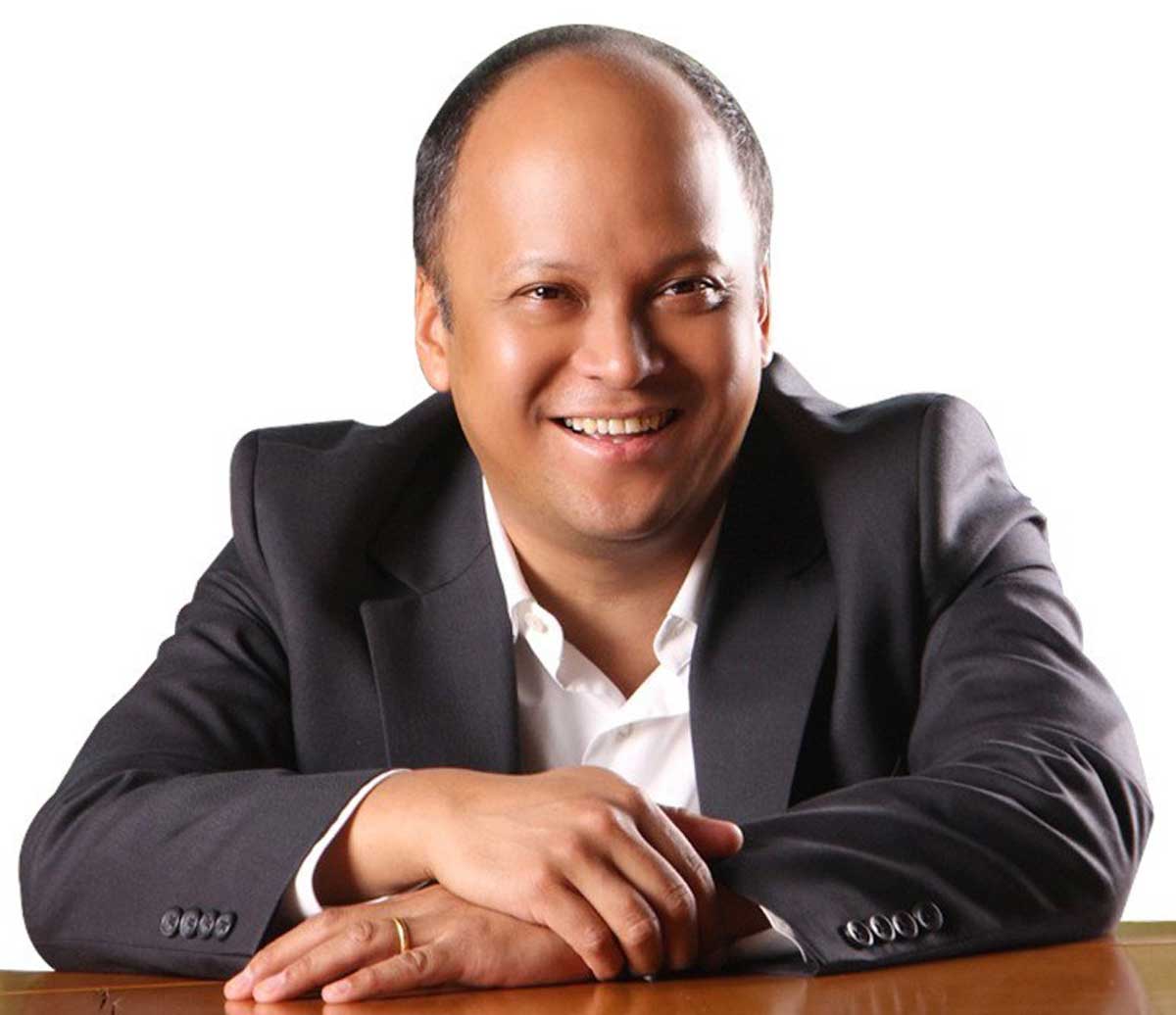


When Habibie came back to Indonesia in 1974, he was also made CEO of a new state owned enterprise called PT. In 1989, Suharto increased Habibie’s power, putting him in charge of strategic industries. His long acquaintance with Suharto combined with Suharto’s own desire that Indonesia master technology as part of its development meant that Habibie was able to get extra fundings from the budget for his projects at the expense of other ministers’ project. Habibie had considerable power as Minister of Technology. And if you want to pay for your one kilo of high-tech products with a kilo of rice, I don’t think we have enough. One kilo of airplane costs thirty thousand US dollars and one kilo of rice is seven cents. Despite national and international opposition (which preferred agricultural investments to technological investments) to this he once famously announced that “I have some figures which compare the cost of one kilo of airplane compared to one kilo of rice. He pushed for a leapfrog strategy of development, which he hoped would bypass the foundational low-skill technology stages to turn Indonesia into an industrialized nation. Habibie was convinced and returned to Indonesia, taking the position of Technological Adviser to the President.įrom 1978 to 1998 Habibie served as Minister of Technology and Research in Suharto’s Cabinet.

In 1974, Suharto sent Ibnu Sutowo to Germany to meet Habibie and convince him to come back to Indonesia. While working in Messerschmitt-Bölkow-Blohm, Habibie conducted many research assignments, producing theories on thermodynamics, construction, and aerodynamics, known as the Habibie Factor, Habibie Theorem, and Habibie Method. It might have been due to his time spent in Europe that made him interested in the Leica line of cameras. He then worked for Messerschmitt-Bölkow-Blohm in Hamburg. Time in Germanyĭuring 1955-1965, he studied aerospace engineering at the RWTH Aachen University, Germany, receiving Diploma (Germany’s First degree certificate which is equivalent to Master in most countries) in 1960 and doctorate in 1965. He was present during the death of Habibie’s father and became an intermediary when one of his soldiers wanted to marry Habibie’s sister.
-dalam.jpg)
The future Indonesian President was then stationed in Makassar to put down a separatist rebellion and lived in a house across the road from the Habibie family’s. In 1950, when Habibie was fourteen, he became acquainted with Lieutenant Colonel Suharto. Habibie’s father was descendant of Bugis migrants to Gorontalo that was employed by local rulers as soldiers to protect Gorontalo’s coast from Maguindanao pirates. His father was an agriculturist from Gorontalo and his mother was a Javanese noblewoman from Yogyakarta, who met when both of them were studying in Bogor. Habibie’s parents didn’t come from this region. Habibie himself was born in South Sulawesi, B.J. He studied at the Bandung Institute of Technology for one year. Habibie, was the third President of Indonesia, holding office from 1998 to 1999.īacharuddin Jusuf Habibie was born in Pare-Pare, South Sulawesi, to Alwi Abdul Jalil Habibie and R. info) (born 25 June 1936), also known B.The parliament refused to accept his presidential report in October 1999 and as a result he decided not to stand again as president.īOURCHIER, David and HADIZ, Vedi, 2003, Indonesian Society and Politics: A Reader, London and New York: Routledge-Curzon.Pare-Pare, South Sulawesi, Dutch East Indies (now Indonesia) He presided over the 1999 general elections and made the controversial decision of holding a referendum, supervised by the United Nations, in 1999 in East Timor regarding the territory’s political status. Appointed to head ICMI (the Indonesian Muslim Intellectuals Association) in 1990, he became Vice President to Suharto in 1997. He had lived in Germany for 18 years until 1974 when he was asked to return by Suharto to become Minister for Research and Technology. A close ally of Suharto and an aeronautical engineer, Habibie was Minister for Research and Technology for twenty years during the New Order regime. He replaced Suharto and became Indonesia’s third president, when Suharto resigned from the presidency on 21 May, 1998. Bachruddin Jusuf Habibie was born in 1936 in South Sulawesi.


 0 kommentar(er)
0 kommentar(er)
